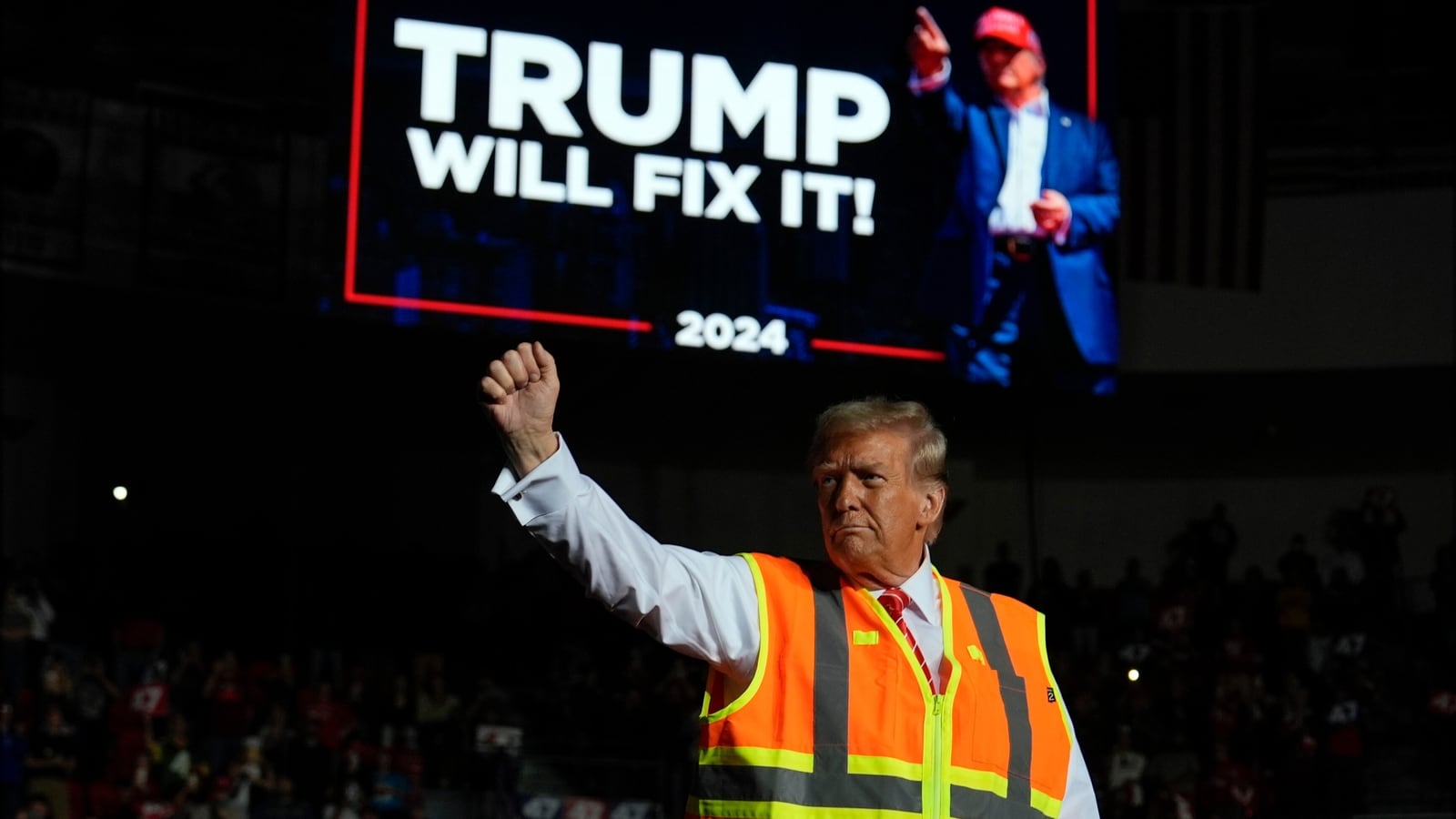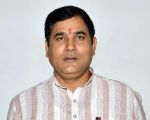After Donald Trump’s warning and open support to Hindus in crisis-ridden Bangladesh, questions are being raised about political stability in one of the fastest-growing economies in South Asia. Is Bangladesh going the Pakistan way?
The future of Bangladesh is currently shrouded in uncertainty, with various factions vying for control and influence. The country is being run by a coalition of Islamist leftists, student leaders, army top brass, bureaucrats, the Jamaat-e-Islami, and anti-Hasina elements. Adding to this complex mix is a conglomerate headed by Nobel laureate Muhammad Yunus. How long will this interim arrangement continue, and when will Bangladeshis get to elect a new set of rulers? Will the army take over if normalcy is not restored? These are questions political observers are asking. The most perplexing issue is the return or the handing over of Sheikh Hasina, who fled Bangladesh to escape sure arrest or assassination in early August.
India faces several issues: continuous illegal entry of Bangladeshis, tense borders, atrocities on Hindus and other minority groups, and disrupted business and trading interests. At what point will the Modi government intervene remains to be watched.
If Trump triumphs in the Tuesday elections, the Islamist radicals will feel the heat. Sanctions could hit the country’s economy, already in stormy waters.
Almost 100 days after the ouster of Sheikh Hasina, Bangladesh finds itself at a crossroads. The nation’s troubled past continues to haunt it, and the future remains uncertain. The question on everyone’s mind is whether this is a dead end or if the chaos is a work in progress towards a more stable future.
Efforts to push Bangladesh towards fundamentalism are evident, and this has created significant tension within the country. The support of former U.S. President Donald Trump to the Hindu minority has further added to the complexities and tensions in the region.
Past experience shows student movements can overthrow ruling dispensations but fail to provide stable alternatives. The Bangladesh economy under Sheikh Hasina seemed stable and poised for impressive growth, but her political mismanagement created simmering discontent which eventually shattered a dream. The failure of the democratic experiment in Bangladesh has once again indicated that fundamentalism cannot coexist with freedom and an open society value system.
The situation in Bangladesh is a delicate one, with various groups and interests pulling in different directions. The outcome of this power struggle will determine the future trajectory of the country. Will Bangladesh find a way to navigate through this chaos and emerge stronger, or will it succumb to the pressures of fundamentalism and internal strife? Only time will tell.





